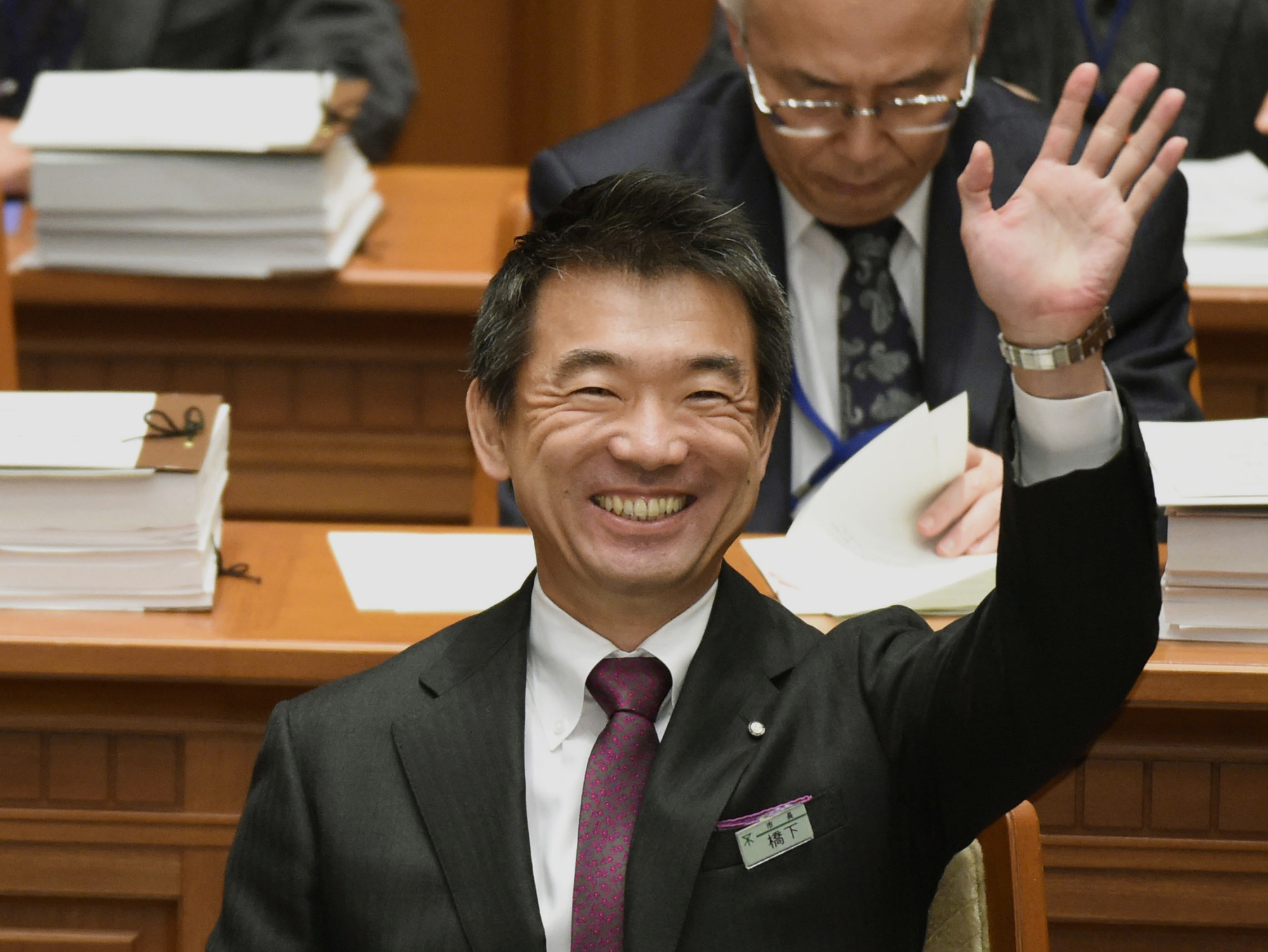Populism isn't new. A wave of it generated democracy in ancient Greece, circa 500 B.C. Its modern form, born in America in the early 19th century, was a revolt against the planter aristocracy that had governed since independence in 1776. Andrew Jackson — said to be the first president born in a log cabin — was called a "jackass" by his opponents in the presidential campaign of 1828. Wiser than they, Jackson read the popular mood, decided the young country was ripe for a jackass president and gleefully embraced the epithet. The "Jacksonian democracy" that characterized his two terms in office (1829-1837) was a mass movement, as crude and unpolished as its founder. "King Mob" reigned, sputtered the elites he disgusted.
Elitism and democracy are uneasy bedfellows — more so than elites like to admit. Their claim has traditionally been that elitism would raise the masses to elite levels. Some no doubt believed it; others were merely rationalizing their own privileges. Few foresaw the dam bursting — as, of course, it has, globally. The world reels in "Trump Shock," "Trump Revolution," "Trump Tragedy" and its various regional equivalents.
Kyoto University professor emeritus Keishi Saeki, writing in Shukan Shincho magazine, seeks a Japanese parallel to U.S. President-elect Donald Trump and finds one in Toru Hashimoto, former Osaka mayor, former Osaka Prefecture governor and co-founder of the Osaka-based national political party Nippon Isshin no Kai. Hashimoto's outspokenness, refreshing early on, got out of hand and finally wrecked his political career. By 2015 he was a spent force, but back in January 2012, when he was flying high and seen as a future prime minister, his popularity moved Saeki to wonder "how dictatorial leaders manage to win elections."



